Biotechnology Research Assistant - Biotech Research Aid
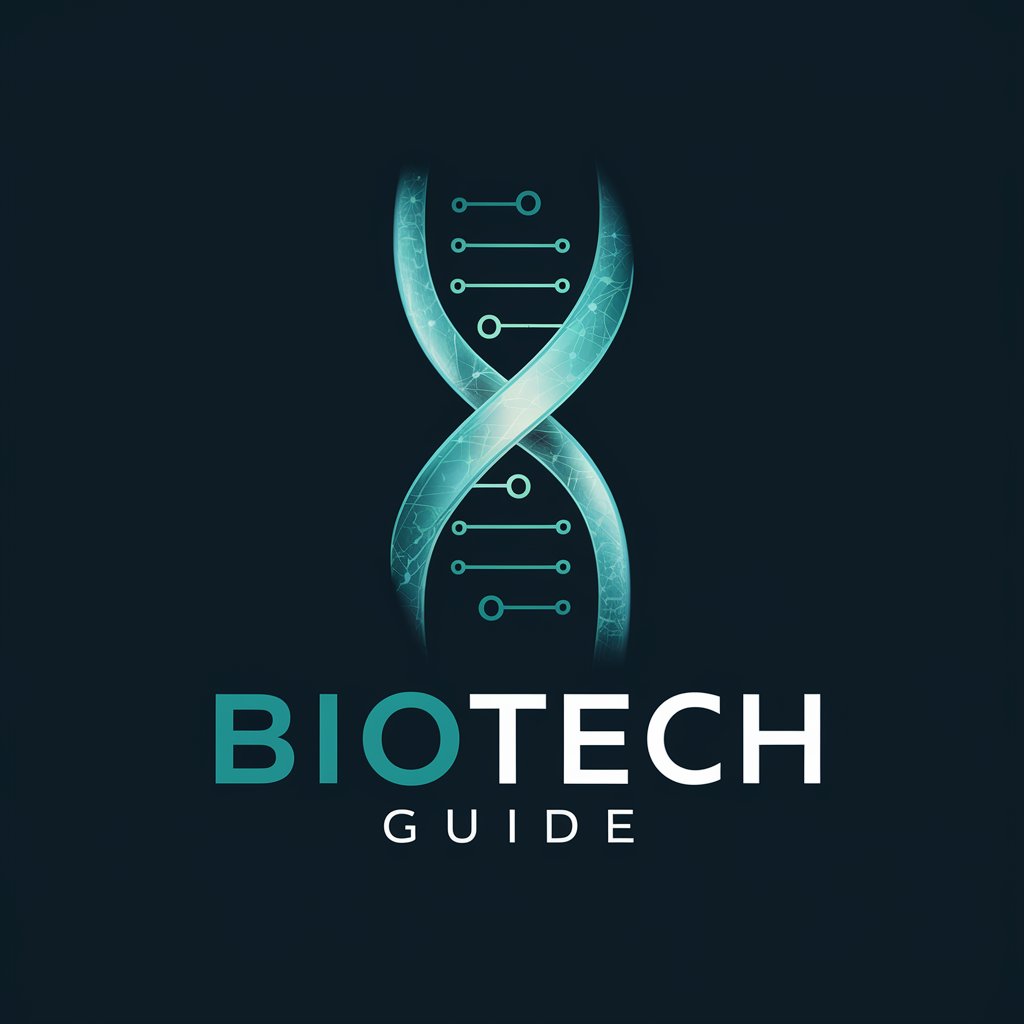
Welcome to BioTech Guide, your partner in pioneering biotech research.
Empowering Biotech Research with AI
Explain the significance of CRISPR technology in modern genetic research.
Design an experiment to test the effects of a new biofuel on microbial growth.
Discuss the ethical considerations of using stem cells in regenerative medicine.
Compare global regulations on genetically modified organisms (GMOs).
Get Embed Code
Overview of Biotechnology Research Assistant
The Biotechnology Research Assistant, also known as BioTech Guide, is a specialized AI tool designed to assist in various aspects of biotechnological research and development. It integrates knowledge from molecular biology, genetics, bioinformatics, and an understanding of global biotechnology regulations. The primary design purpose is to facilitate research in biotechnology, aiding in experiment design, data management, literature review, and ethical considerations. For example, a researcher working on gene editing can use BioTech Guide to access the latest research papers, understand CRISPR technology intricacies, and navigate through ethical and regulatory frameworks. Powered by ChatGPT-4o。

Key Functions of Biotechnology Research Assistant
Literature Search and Review
Example
Compiling recent studies on a specific protein involved in cancer.
Scenario
A researcher investigating new cancer therapies can use the assistant to gather and summarize recent publications, highlighting breakthroughs and gaps in current knowledge.
Experiment Design and Methodology
Example
Optimizing PCR conditions for detecting a rare genetic mutation.
Scenario
A geneticist can use the assistant to explore optimal PCR conditions, primer design, and troubleshoot potential issues in detecting specific mutations.
Data Management and Analysis
Example
Organizing and interpreting genomic data from a population study.
Scenario
Bioinformatics professionals can leverage the assistant for data organization strategies, statistical analysis, and interpreting complex genomic data sets.
Regulatory Guidance and Ethical Considerations
Example
Understanding GMO regulations in European countries.
Scenario
Researchers developing GMO crops can consult the assistant for up-to-date information on regulations, compliance requirements, and ethical considerations in different regions.
Target User Groups for Biotechnology Research Assistant
Academic Researchers
Professionals in universities and research institutions who require up-to-date information, assistance in experimental design, and help in navigating the vast scientific literature.
Biotech Industry Professionals
Individuals working in biotechnology companies who need assistance in product development, understanding regulatory landscapes, and applying the latest scientific discoveries to real-world applications.
Bioinformatics Specialists
Experts dealing with large datasets, requiring support in data analysis, management, and interpretation, particularly in genomics and proteomics.
Regulatory Affairs Managers
Professionals responsible for ensuring that products comply with all of the regulatory requirements, particularly in the biotech field, who would benefit from updated regulatory information and guidelines.

How to Use Biotechnology Research Assistant
Start for Free
Begin by accessing a free trial at yeschat.ai, allowing immediate use without the need for login or a ChatGPT Plus subscription.
Identify Your Needs
Determine the specific area of biotechnology research you need assistance with, such as molecular biology, genetics, or bioinformatics.
Engage with the Assistant
Use the chat interface to ask your questions or describe the problem you're working on. Be as specific as possible to get the most accurate assistance.
Utilize Recommendations
Apply the suggestions, data analysis tips, and research strategies provided by the assistant to your work.
Explore Advanced Features
For in-depth research, explore advanced features such as literature search, experiment design, and ethical guidance on biotechnological issues.
Try other advanced and practical GPTs
MarketGPT
Empower Your Market Strategy with AI

Market Persona Oracle
Craft detailed personas with AI precision.

Trading Analysis Expert
Empowering Your Trades with AI

StockBot by StockHitter.com
Empowering Investors with AI-Driven Insights

News
Stay informed with AI-powered news

President Poll
Unbiased Insights into Political Trends

Keyword Scout
Unlock SEO Success with AI

GeneFlower
Unlocking Children's Potential with AI
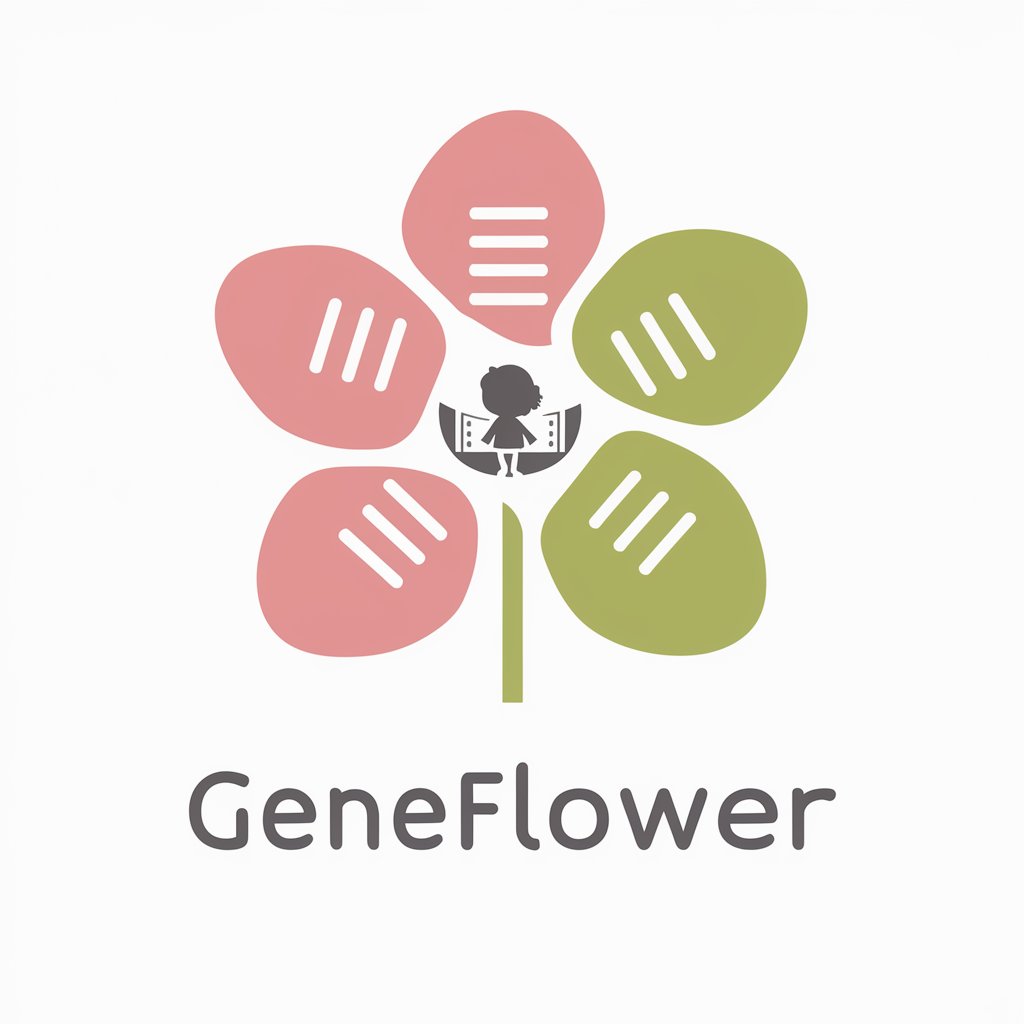
Content Comp Research
Empower Your Content with AI Insights
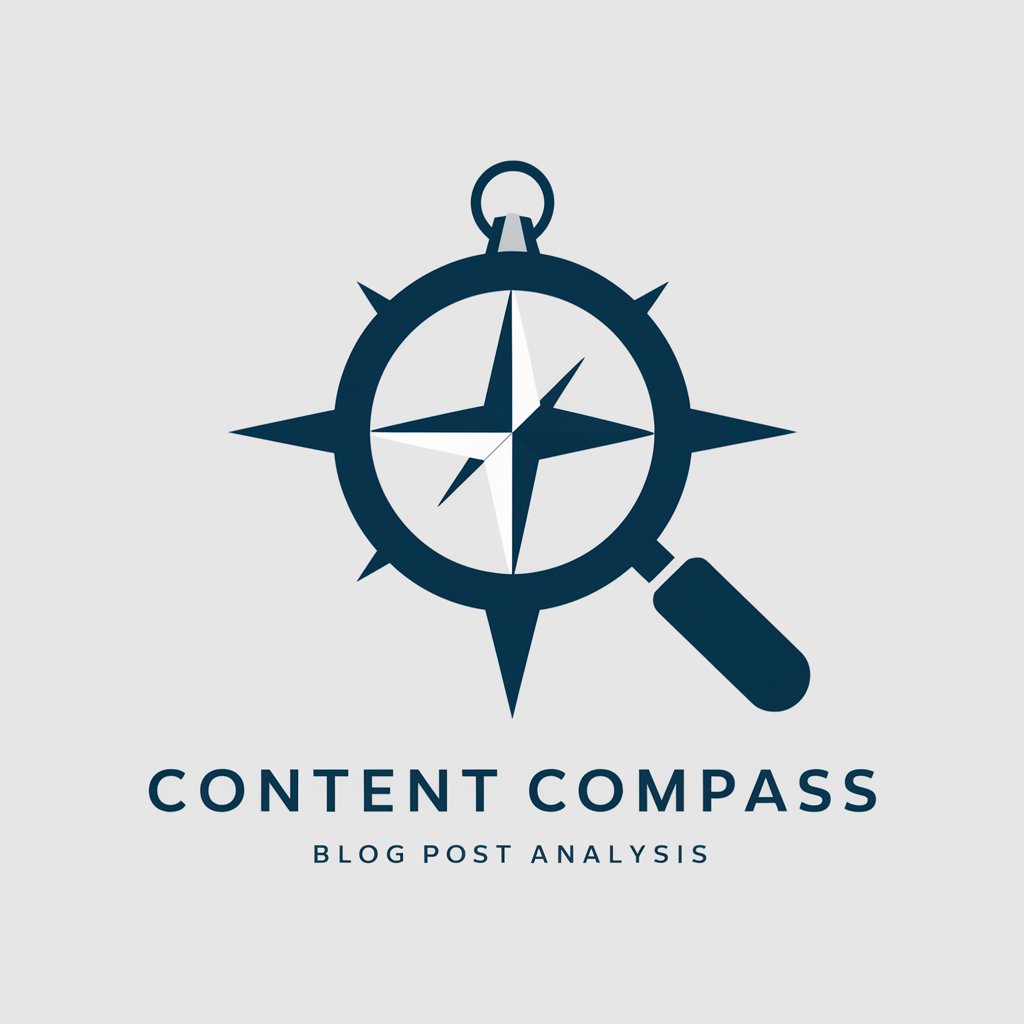
Botanic Insight
Empowering research with AI-driven botanical insights
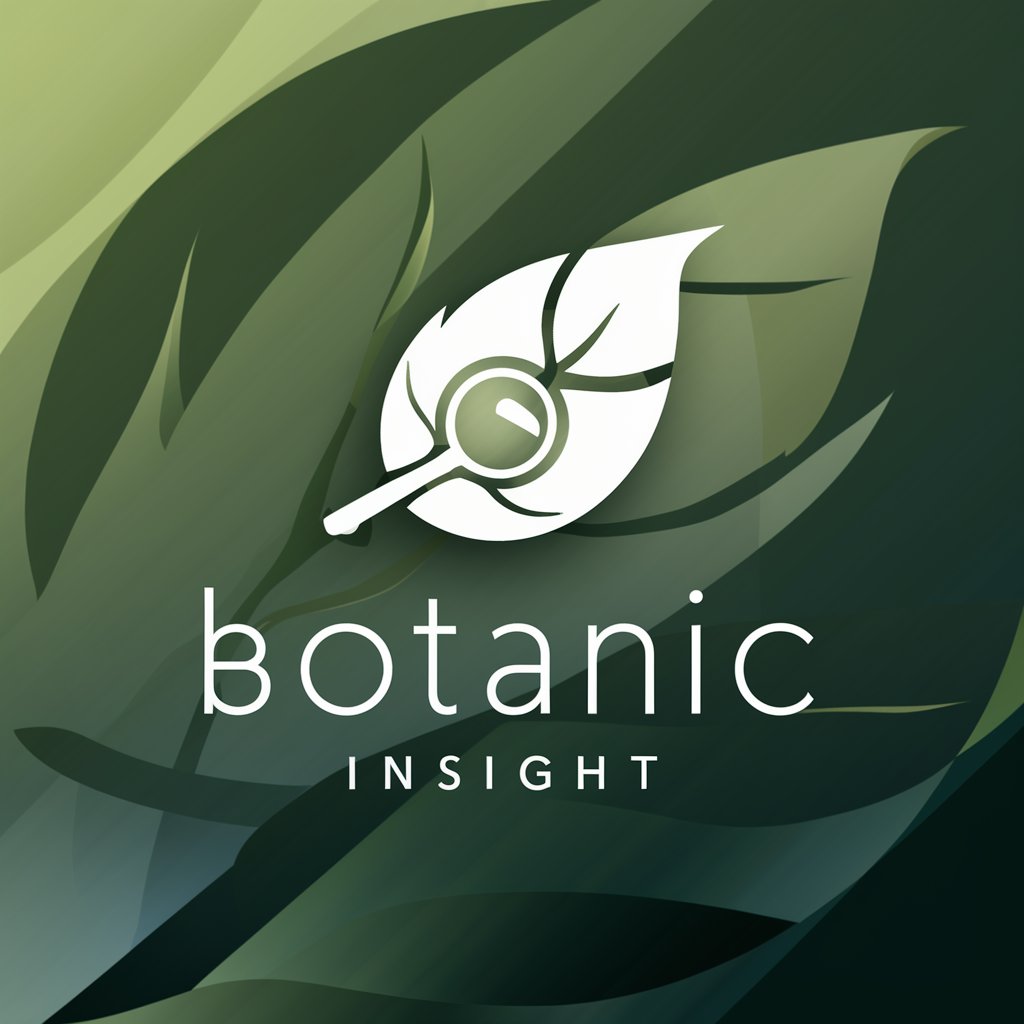
Case Study Assistant
Streamline Your Case Studies with AI
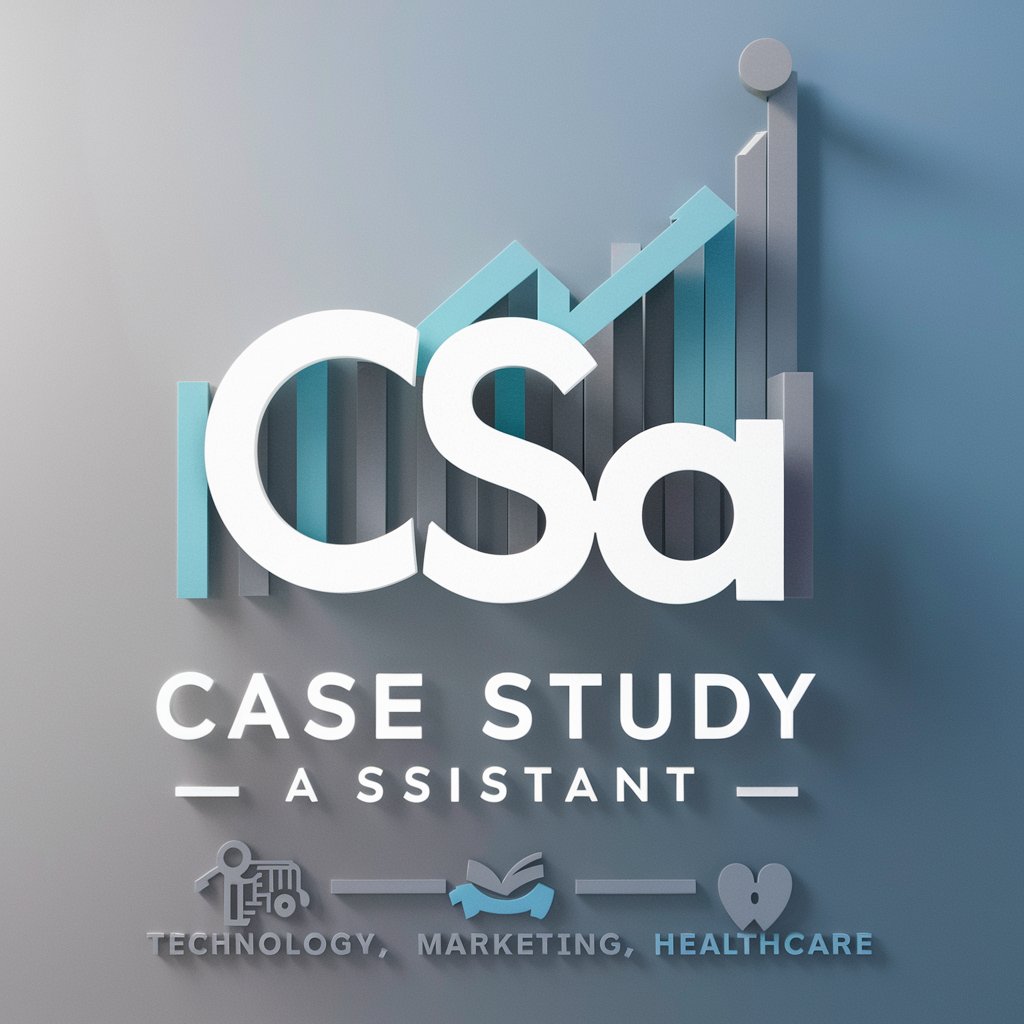
Idea Expander
AI-powered Creative Insights
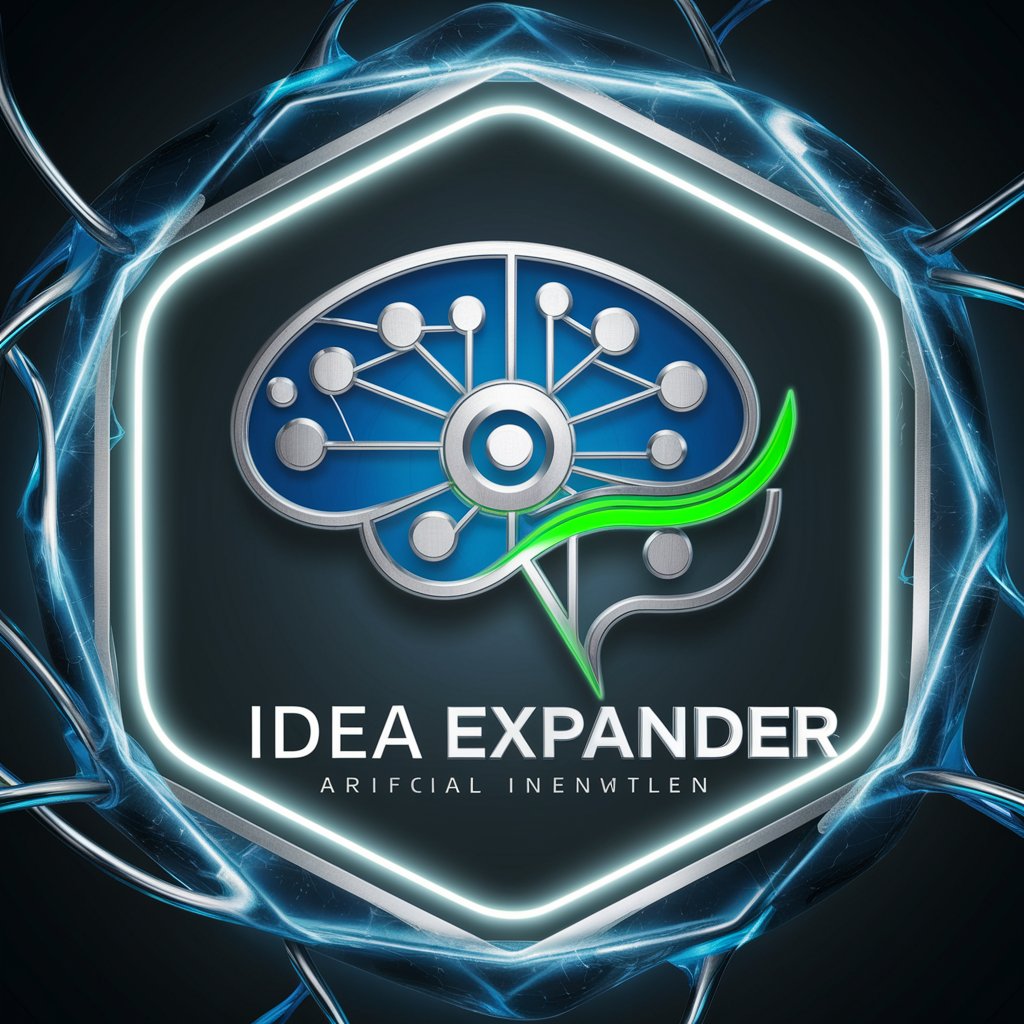
Biotechnology Research Assistant FAQs
What can the Biotechnology Research Assistant do?
It offers comprehensive support in biotechnology research areas like molecular biology, genetics, and bioinformatics, including literature search, experiment design, data management, and ethical guidance.
How does the assistant handle ethical concerns in biotech?
It provides informed discussions on ethical issues such as GMOs, biofuels, and stem cells, adhering to international guidelines to ensure responsible research.
Can it assist with regulatory compliance?
Yes, it understands global biotechnology regulations, helping researchers navigate the complexities of compliance in different countries.
Is it suitable for academic writing?
Absolutely, it aids in academic writing by offering access to a vast database of scientific literature and providing guidelines on structuring your papers or research proposals.
How can it improve my research methodology?
By suggesting optimized experiment designs, data analysis methods, and providing up-to-date research strategies to enhance the efficiency and effectiveness of your studies.
